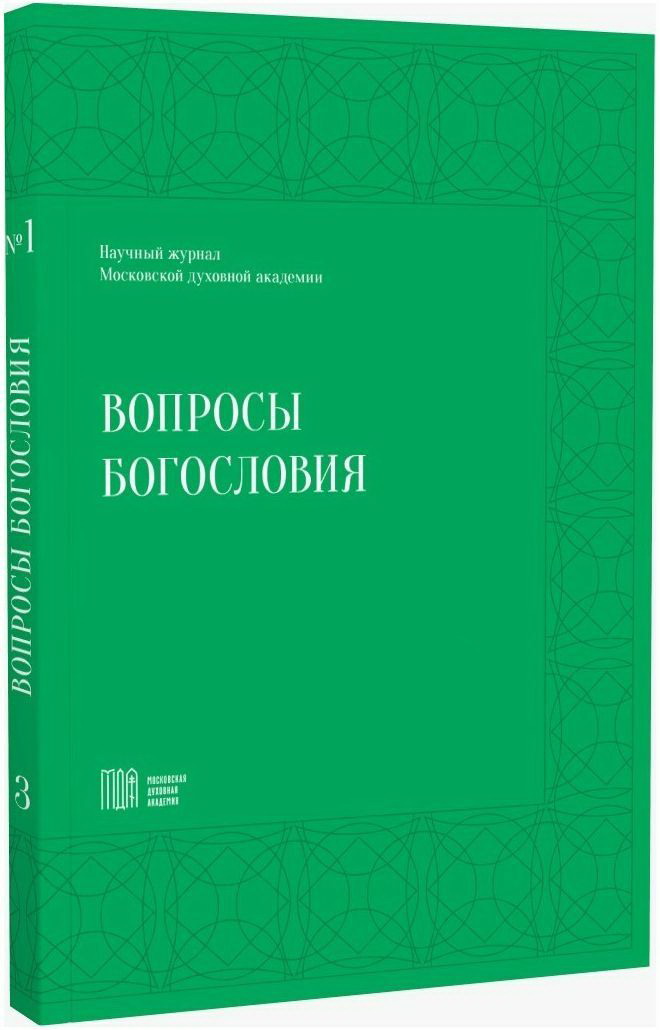Философия Дж. Ваттимо как ответ на проблему насилия: от этики к эстетике
DOI:
https://doi.org/10.31802/PWG.2021.6.2.009Ключевые слова:
Дж. Ваттимо, проблема насилия, слабое мышление, эстетика, этикаАннотация
Автор настоящей статьи пытается доказать тезис, согласно которому ключом к пониманию теологических построений Ваттимо оказывается определенная этическая проблематика. В частности, речь идёт о проблеме насилия, которая в конечном счёте приобретает эстетическое измерение. По мнению автора, философия Ваттимо должна прочитываться сквозь призму проблемы насилия. Благодаря такому прочтению становится ясно, почему Ваттимо приветствует герменевтический нигилизм, почему он ставит знак равенства между христианством и секуляризацией, почему он дистанцируется от постметафизической теологии, предложенной Левинасом и Деррида, и критикует её. В статье показаны основные положения критики Ваттимо, направленные на метафизическое мышление. Также анализируется кенотический аспект философско-теологических построений Ваттимо, который является ядром его размышлений о христианстве. Очевидно, что философский и теологический дискурсы очень тесно переплетены между собой. И, таким образом, цель настоящей статьи — показать, как проблема насилия решается в философии Ваттимо, который использует различные теологические концепты.
Скачивания
Библиографические ссылки
Vattimo G. A Farewell to Truth. New York (N. Y.): Columbia University Press, 2011.
Vattimo G. Nihilism and Emancipation: Ethics, Politics, and Law / ed. S. Zabala; trans. W. McCuaig. New York (N. Y.): Columbia University Press, 2004.
Vattimo G., Zabala S. Hermeneutic Communism: From Heidegger to Marx. New York (N. Y.): Columbia University Press, 2014.
Ваттимо Дж. Музей и восприятие искусства в эпоху постмодерна // Художественный журнал. 1999. № 23. [Электронный ресурс]. URL: https://moscowartmagazine.com/issue/74/article/1601 (дата обращения 21.03.2021).
Ваттимо Дж. После Христианства / пер. с итал. Д. В. Новикова. М.: Три квадрата, 2007.
Фуко М. Эстетика существования // Фуко М. Интеллектуалы и власть: Избранные политические статьи, выступления и интервью / под общ. ред. В. П. Большакова; пер. с фр. Б. М. Скуратова. Ч. 3. М.: Праксис, 2006. С. 297–304.
Гройс Б. Политика самодизайна // Художественный журнал. 2011. № 83. [Электронный ресурс]. URL: http://moscowartmagazine.com/issue/14/article/186 (дата обращения 21.03.2021).
Коначёва С. А. Секулярный мир и новый человек в современном западном богословии // Контуры глобальных трансформаций: политика, экономика, право. 2015. № 4 (36). С. 19–26.
Папаниколау А. Преодолевая политическое несторианство: на пути к халкидонской политике // Политическое богословие / ред. А. Бодров, М. Толстолуженко. М.: ББИ, 2019. С. 250–266.
Aguirre E. H. Metaphysics, Violence, and Alterity in Gianni Vattimo // Between Nihilism and Politics: The Hermeneutics of Gianni Vattimo / ed. S. Benso, B. Schroeder. Albany (N. Y.): State University of New York Press, 2010. (SUNY series in Contemporary Italian Philosophy). P. 101–119.
Baird M. L. Whose Kenosis? An Analysis of Levinas, Derrida, and Vattimo on God's Self‐Emptying and the Secularization of the West // The Heythrop Journal. 2007. Vol. 48. No. 3. P. 423–437.
Harris M. E. The End of Metaphysics? Gianni Vattimo on the Will to Power as Art in the Age of the Internet // Odradek. 2015. Vol. 1. No. 1. P. 7–39.
Robbins J. W. Renewing Materialism: Gianni Vattimo and Santiago Zabala and the Hermeneutical Option for the Poor // Philosophy Today. 2016. Vol. 60. No. 3. P. 687–702.
Rose D. E. The Ethical Claims of Il Pensiero Debole: Gianni Vattimo, Pluralism and Postmodern Subjectivity // Angelaki. 2002. Vol. 7. No. 3. P. 63–78.
Загрузки
Опубликован
Как цитировать
Лицензия

Это произведение доступно по лицензии Creative Commons «Attribution-ShareAlike» («Атрибуция — На тех же условиях») 4.0 Всемирная.







